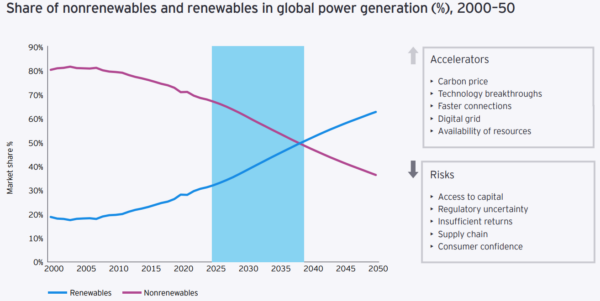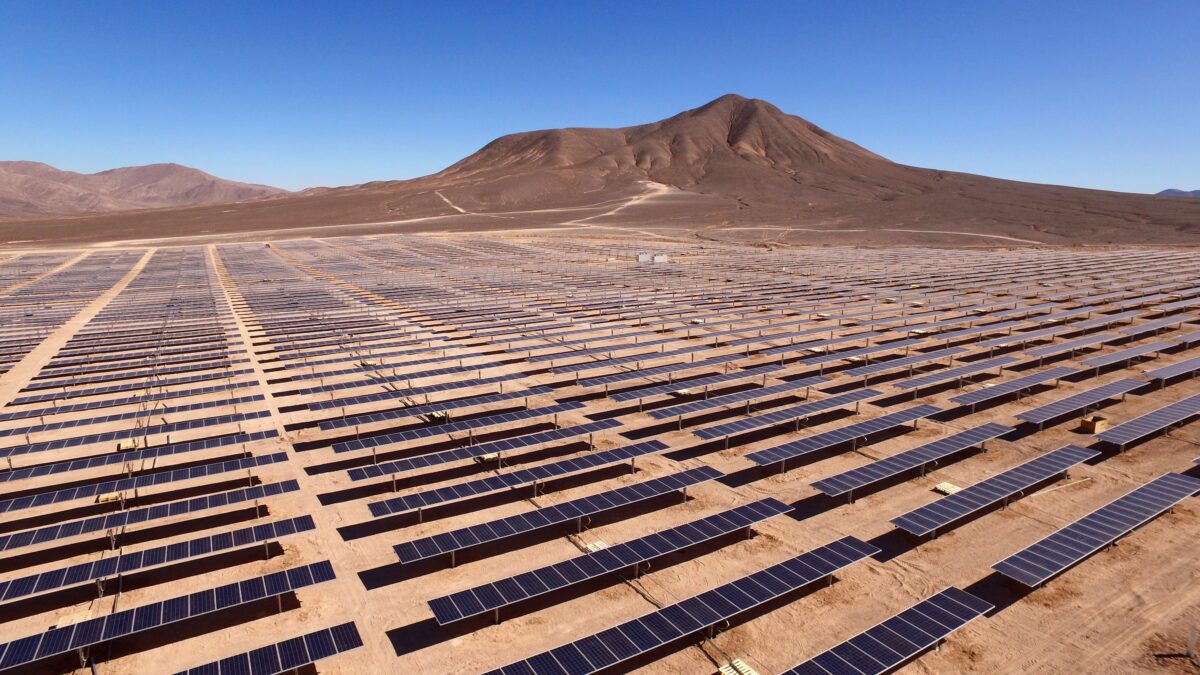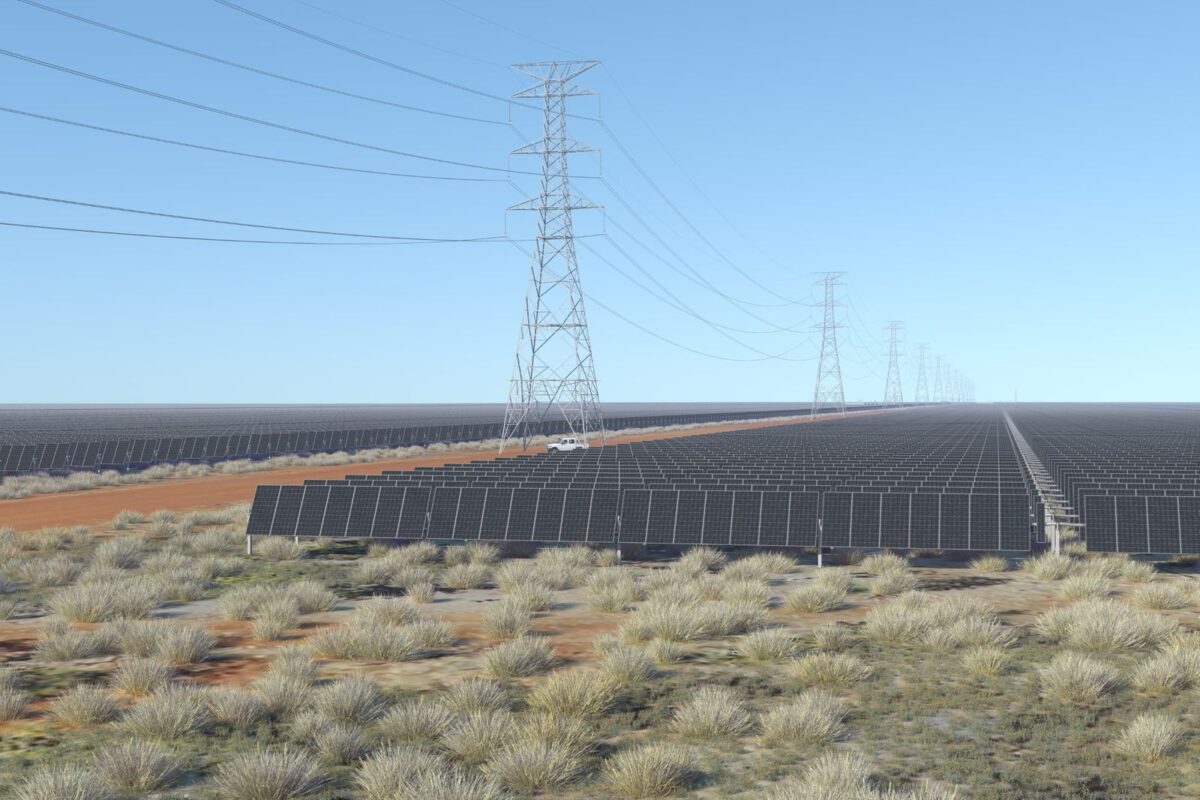Ernst & Young (EY) said in its latest energy and resources report that 86%, or 187 GW, of newly commissioned renewable energy resources generated electricity at a cost lower than the average cost of fossil fuel generation in 2022.
Solar is the cheapest new-build electricity in many markets, even amid inflation and price rises, said EY, noting that the global weighted average levelised cost of electricity (LCOE) for solar is now 29% lower than the cheapest fossil fuel alternative. Large-scale energy storage is also quickly becoming more cost-competitive and sophisticated, it said.
Solar has rapidly fallen in average LCOE globally, from more than $600/MWh (USD 400) in the early 2010s to about $74/MWh (USD 49) in 2022, down 88%. Wind power LCOE has fallen roughly 60% over the same period.

“A global solar boom will power more than half of this, but adoption will vary across markets. Solar-generated power will become the biggest source of energy in countries such as the US, and those in Oceania and South Asia, driven by technologies around solar PV modules advancing at rapid pace,” said EY.
However, these landmarks will not be reached without clearing major barriers to progress, EY said. Particularly in the United States, a backlog of grid interconnection applications is causing delays, cancellations, and large incurred costs. EY said that the United States has at least 1,350 GW of wind and solar capacity and 680 GW of storage is waiting to be connected, which is enough to double the country’s electricity supply.
In a survey of more than 70,000 global consumers, EY found that sentiment towards residential solar adoption is strong. About 62% of survey respondents said they have bought or are thinking about buying solar panels, while 50% are considering buying or have already purchased battery storage.
This content is protected by copyright and may not be reused. If you want to cooperate with us and would like to reuse some of our content, please contact: editors@pv-magazine.com.









By submitting this form you agree to pv magazine using your data for the purposes of publishing your comment.
Your personal data will only be disclosed or otherwise transmitted to third parties for the purposes of spam filtering or if this is necessary for technical maintenance of the website. Any other transfer to third parties will not take place unless this is justified on the basis of applicable data protection regulations or if pv magazine is legally obliged to do so.
You may revoke this consent at any time with effect for the future, in which case your personal data will be deleted immediately. Otherwise, your data will be deleted if pv magazine has processed your request or the purpose of data storage is fulfilled.
Further information on data privacy can be found in our Data Protection Policy.